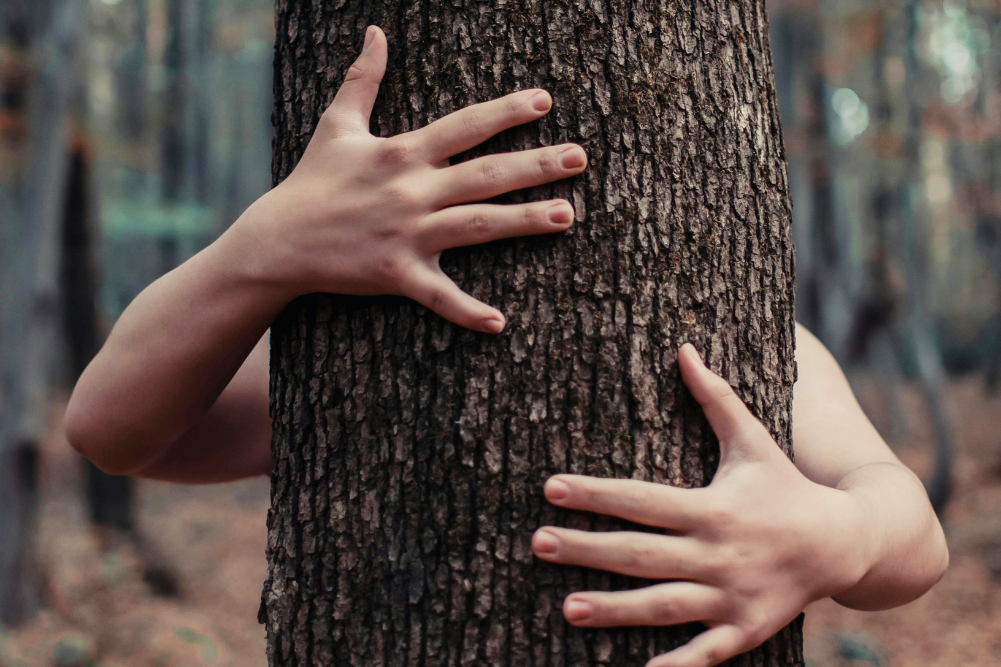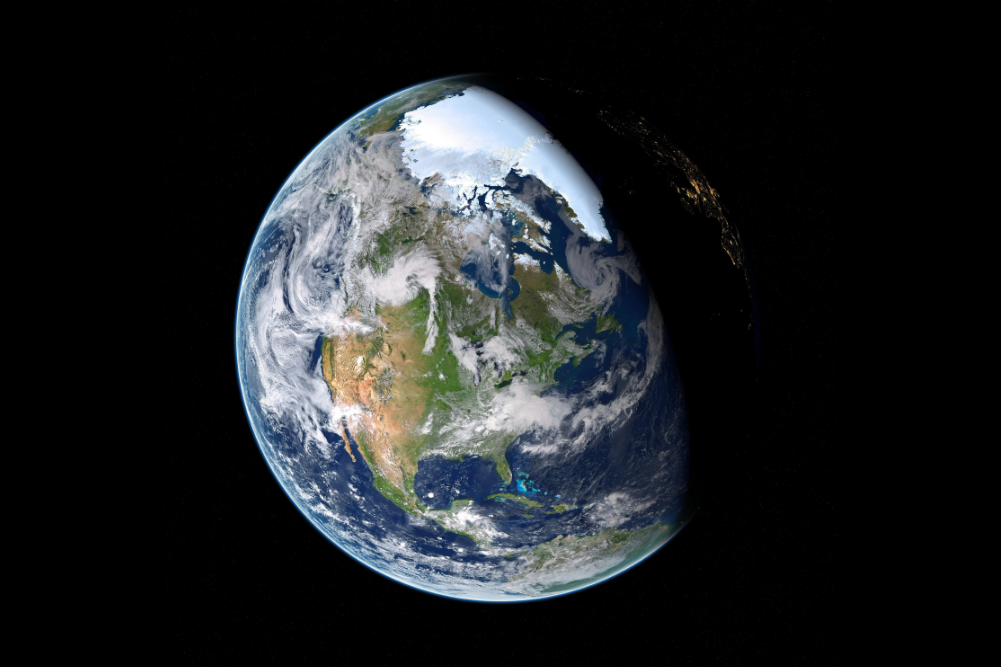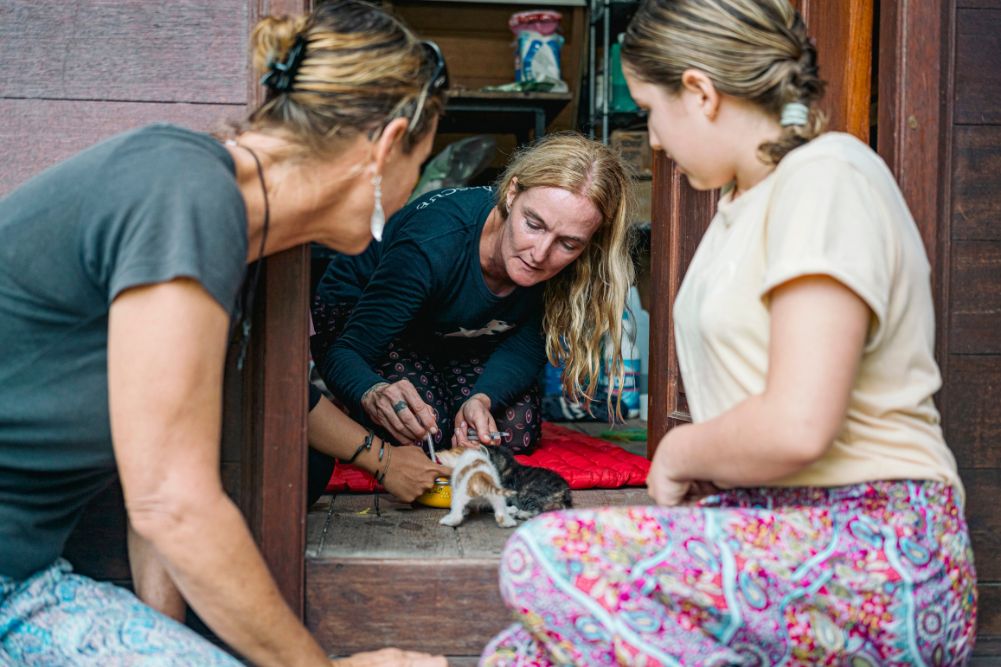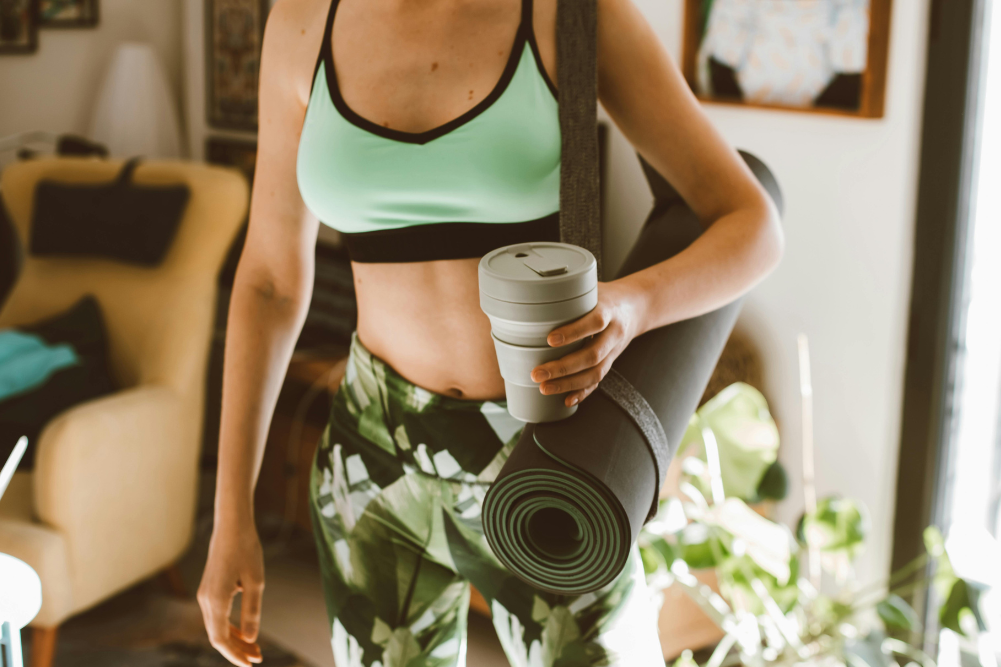Are you ready for a detox revolution?
If one actively investigates the level of toxicity on our planet today, it’s easy to feel helpless and overwhelmed. It can seem as though there’s no way out of the quagmire of plastic, pesticides and poisons littering our waterways, soils and airways.
It’s not abnormal to feel defeated by the mechanics of contemporary consumer culture, propped up by annual production of tonnes of toxic chemicals, further adding to the toxic heavy metal and synthetic chemical burden. There are toxins that disrupt the hormonal balance of many animals (including us); some are cancer-causing and others can interfere with biological processes.
How can we revolutionise this toxic situation?
The future is now
Indian educator Jiddu Krishnamurti said, “The future is now.” He eloquently explained that what we do, how we think and all the choices we make in this moment create our future. What we do today is essentially laying down what we’ll do tomorrow. So, we will remain in the mainstream patterns of living that perpetuate increasing toxicity unless, Krishnamurti suggests, we have a revolution in our thinking.
I agree. We need a revolution in our thinking that changes our perception and the way we act. A new way of thinking that changes what we choose to put into our bodies and what we agree to bring into our lives. We can start thinking in ways that generate a future we want to live in, rather than continuing on a trajectory whose outcome nobody benefits from.
Systems of toxicity
Many mainstream activities of daily living, it seems, necessarily generate some form of toxin generation or waste.
Despite our best intentions, sometimes it gets too hard to avoid contributing to toxin production. We’re running late so for convenience grab takeaway that’s often laden with preservatives and is commonly produced using unsustainable practices. We accept that plastic bag at the checkout, the one that will be around for centuries after its use, because we forgot our cloth bag. We buy synthetic clothing, made from petrochemicals because we fall for a fashionable cut. We use harsh cleaning chemicals that pollute our water and other organisms dependant on water, because they are marketed well, are our favourites or are cheaper. We numb out to commercial media to “switch off” from our daily grind, and allow subtle brainwashing into our minds. We find some solace from daily stressors in that after-work drink or four. We drink that extra coffee, shipped over from the other side of the world, to push through when we simply need a rest. And so on.
There are many reasons why we don’t change our actions that perpetuate toxicity. Sometime these reasons are circumstantial, while other times they are unconscious patterns and habits. When I studied political psychology and psychoanalysis and social theory at Melbourne University some decades ago, I learned about the replication of our ideology — our way of understanding and operating in the world — through socialisation from a very young age.
Theory U … helps us to step into an “eco-centric” rather than “ego-centric” way of thinking, working and acting together.
The motivation for the actions that further contribute to toxicity can be due to a pursuit of status, the need for stimulation or entertainment, to momentarily satiate unmet longings or to establish an artificial sense of wealth, security or of being accepted. As Otto Scharmer, author, social innovation leader and economics professor, says, “There are deeper systemic forces that keep us re-enacting results that nobody wants.”
These deeper forces are assumptions and ways of thinking deeply embedded in our culture — families, communities, societies — that keep us replicating a mainstream system that actively destroys the ecosystem that supports our existence.
Scharmer created a model he called “Theory U”. It steps through a process that helps us to look at and think about things in new and fresh ways. To me, Theory U blends holistic and multi-paradigm thinking with insight meditation and Deep Ecology principles into an active practice applicable to specific problems. It helps us to step into an “eco-centric” rather than “ego-centric” way of thinking, working and acting together.
Ask yourself questions
In my Detox Your World workshops, I focused on how people can incorporate health-giving practices into their lives. Life was broken into four realms: body, social, mental and environmental, as each area impacts on toxicity and ability to detox. After a number of iterations, the workshop developed. Instead of listing practices to “detox” each realm, we held brainstorming sessions to generate the best questions to ask ourselves in each area of life: questions to help make fresh choices that meet true needs and are life affirming and regenerative as opposed to habitual, toxic and destructive.
Here are questions to ask yourself for a detox revolution:
- Where/what will this be in 10 years from now?
- Is this nourishing (for me/family/society/planet)?
- Is this action/thinking/story/image violent?
- Is this something I truly want, or is it a habit or pattern?
- What’s the flow-on effect from this?
- Is this a win:win or a lose:lose?
Asking questions helps with awareness, thus empowerment, around creating a supportive and thriving present and future. We must question what we value. What is valuable is sacred. What is sacred is powerful. And nourishing that is revolutionary.








